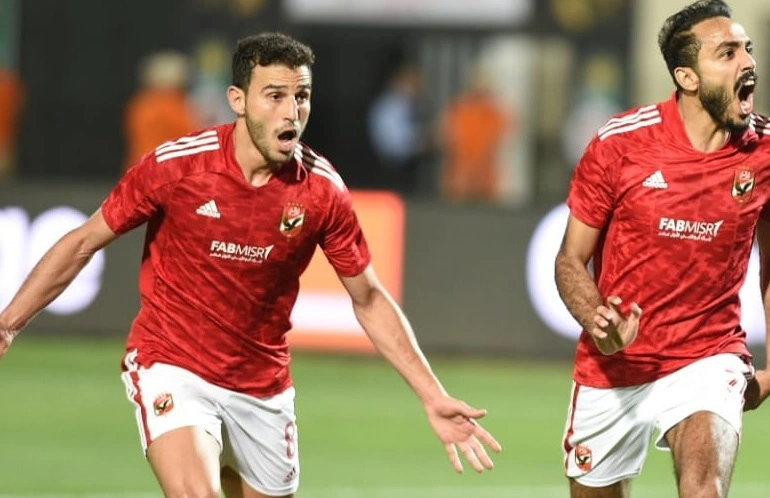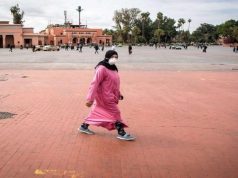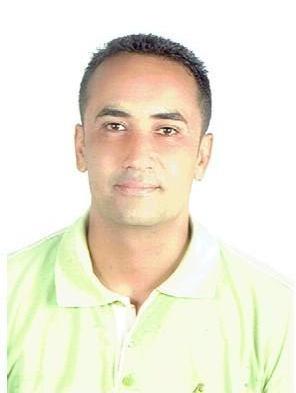[symple_box color=”blue” text_align=”left” width=”100%” float=”none”]

Imed Lassoued is a Tunisian journalist. He earned his Bachelor’s degree in literature from the Faculty of Arts, Letters and Humanities La Manouba of Tunis, Tunisia. You can follow him on Twitter at: @imed2010 [/symple_box]
“The political process does not end on Election Day. Young people need to stay involved in the process by continuing to pay attention to the conversation and holding their leaders accountable for the decisions they make.” Patrick Murphy
TUNIS, TUNISIA— The longing to bend the present Tunisia into a better future, and the aspiration of Tunisians to foster a new path will incite young and old, male and female to take part in the second round of presidential elections due to take place on the 21st of December 2014. This landmark event is the focus of nearly all public debates in cafes, malls, streets and houses. Each candidate stands for a host of values and symbols. Mr Beji Caid Essebsi (89-year-old) is deemed by his supporters as the pioneer of a modernist project for Tunisia. For most of the elderly people Essebsi is reminiscent of the figure of Habib Bourguiba who ruled the country from 1959 up to 1987. A large segment of Tunisians consider Bourguiba, who passed away in 2000, as the statesman who set the cornerstones of modern Tunisia after independence in 1956. As for Dr Moncef Marzouki (the acting interim president), he symbolizes to many the spirit of the revolution. The overwhelming majority of his supporters deem him as the vanguard of the revolution against any looming setback. As a matter of fact, the Tunisian (demos) voters are caught between two projects for Tunisia; between a figure who represents the old guard and a figure who is the excretion of the revolution.
In the meantime, one question has been left pending: What kind of democracy that fits or dovetails with the Tunisian aspirations at this juncture? I think, tongue in cheek, it is representative democracy. This type of government where people, according to John Keane, ‘’ acting as voters [are] faced with a genuine choice between at least two alternatives, are free to elect others who then act in defense of their interests: that is, represent them by deciding matters on their behalf.’’ Before digging deep into this type of democracy and its entailments, I think that a great amount of efforts have to be invested in raising political awareness. For this noble goal to be accomplished, civil society along with responsible media outlets should embark on this painstaking struggle. This lofty objective is within reach if we capitalize on the freedom that has allowed us, ever since the revolution has erupted in 2011, to air our ideas and differences.
Before closing, I would like to remind people who are heading to the polls next Sunday to cast their votes that voting in a fair, democratic and transparent elections is but one step in the political process. The above mentioned quote underpins my idea.
[symple_box color=”blue” text_align=”left” width=”100%” float=”none”]

Imed Lassoued is a Tunisian journalist. He earned his Bachelor’s degree in literature from the Faculty of Arts, Letters and Humanities La Manouba of Tunis, Tunisia. You can follow him on Twitter at: @imed2010 [/symple_box]





